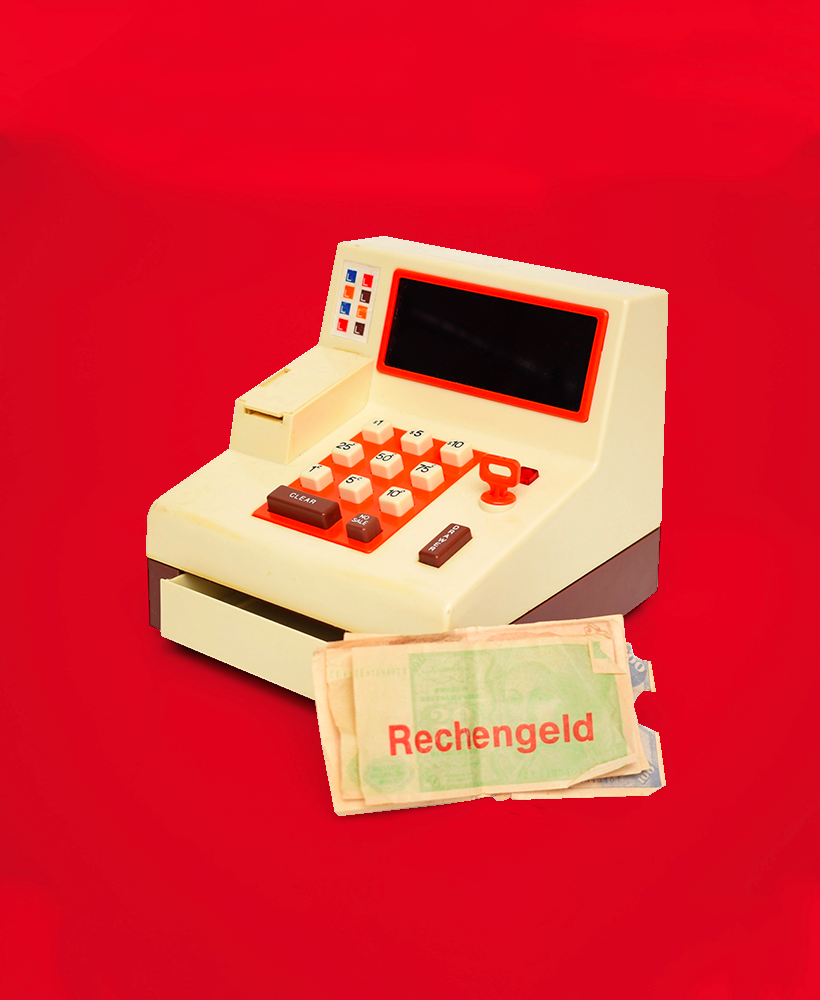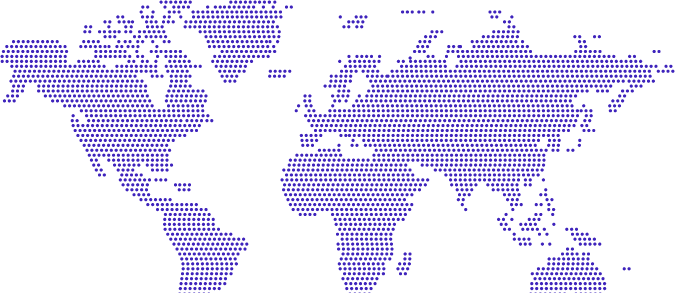There is a big Migros right across my workplace. Below it is a national market, and across it is a branch of one of the city's few local supermarket chains. I usually prefer this local market when I decide to shop. There are several local grocery chains in our city. When something is needed suddenly, our feet got used to Migros because it is the closest. These three markets are of course structures with different scales that cannot be compared. It would be unfair to Migros in terms of price, and our local markets in terms of product variety and brands to evaluate all three markets on the same scale and on the same criteria.
For a second, I felt the need to explain why I did not mention the name of our other local supermarket while I was mentioning Migros by its name. But then I gave up ...
A cashier's success
I went to Migros to get a snack today. I made a purchase of 12 liras. The cashier asked if you have a "Money Club" card at the register. I said briefly and clearly "No". Actually, it was clear from my tone that I thought there was no need for it. The lady at the cash register told me in a very pleasant and understandable language that if I give one lira and get a card, my 12 lira shopping will fall to 9.5 lira, and there are always special discounts for the card on various products. In the 25 seconds I said he told, probably with sentences memorized to him in trainings before, but in a sincere language. Result; I now have a Money Card!
I, a marketer for years, someone who has spent years selling products to people, how did I fall into this trap? I enrolled in one of Migros's customer loyalty programs. Shame on me ...
Jokingly, I am not writing this article to inform you about Migros and its customer loyalty efforts. We have written a few articles before about customer loyalty and how to build it. I have another problem here. The cashier who managed to sell me his company's customer loyalty program, a member or discount card, is probably a sister in his forties. He wears a clean white shirt with Migros orange stripes on the collar. He also carries an identity card with his name on his chest. She was working with a wig, since her firm does not allow her to work with a headscarf. But it sure does its job great.
A cashier's failure
I also shop at the local grocery store. In fact, if I decide to shop, especially if I have a list, I usually go to this local grocery store. This market is a grocery chain in the city center and districts with more than ten branches in total. Whenever I go there, I can't stop paying attention to the staff. I guess this is an occupational disease. It was as if they were forcibly lifted from their beds in the morning, dragged to the market and doing their jobs at gunpoint. Smileys sulk, clear answers to the questions asked ...
- Where are the cleaning supplies?
- Ahead!
These two businesses probably pay nearly identical wages to their cashiers. Not because I know. I'm guessing. In fact, my guess is; Our local market, like all our businesses, has adopted the state's minimum wage application as a law, adopting the minimum wage as a starting point for all positions. In Migros, there is a difference of 200 liras at most. Did that sullen grocery store cashier girl fight with the world for 200 liras?
What is the difference between them?
In terms of working conditions, it is always good to run a local supermarket chain, where we are protested by these staff members and grimly protested by their staff. If you are late, you can tell about your situation, ask permission to go to your cousin's wedding, if you want to cover your head, your boss will not interfere with you ... You can explain all kinds of humanitarian situations in a more open and sincere language and establish primary relationships with people.
In Migros, the situation is the opposite. Its permissions and valley hours are clear, it cannot blow without valid excuses. There are requirements regarding clothing.
Why are local markets, where humanitarian relations are more prominent and understandable places, are represented with sullen faces by their personnel, but Migros, which employs people under much harsher conditions, from covering their heads to clothing, represents wonderful cashiers against their customers?
Here, the difference of what we call corporate culture emerges. Our entrepreneur "brothers" who reduce the definition of institutionalism to the phrase "Let's stick to the logo" are far from this subject. The differences between these two cashier ladies, the sister who sells me a membership card at Migros, and the girl who describes the location of cleaning supplies in a single word without even looking at my face at the local market, are in the worlds of mind. Thoughts separate the two. Take a look at the differences in these thoughts.
- Migros is a company that does business, produces profitability and grows steadily. In this respect, the cashier sister does not need to fear being unemployed.
- The company earns money and shows this in every way (advertising, campaign, promotion, discount, etc.). The owner of our local market is always in financial difficulties. This is a disease of our people. If you get off his 350 thousand lira car and ask, "things are a bit stagnant nowadays". He says, "We're stuck." Something should always be saved. Except for the car.
- Our Migros cashier works peacefully during the day. They know that no one will touch them or be fired as long as they do their job. They have a job description. They know clearly which errands they are responsible for. Since they know what is expected of them, their area of responsibility is clear. The local grocery cashier does whatever there is. They do not do this out of devotion. This is their job description. Sent to every job. They cannot do any of them exactly and he cannot master any of them. They are constantly anxious.
- Our sister was given a quality white shirt by her institution. Maybe even pants. These dresses, which are delivered to him in at least two sets, must always be clean and ironed. It is a substance in the job description. In addition, these work clothes vary according to the task in the market. It is different if you work in a warehouse, different if you are a cashier. In our local market, there is a polo shirt with the cheapest one. Big market logo on its back. The logo, enlarged by saying "Big, big", is worn out, the print is cracked and partially broken. That T-shirt is so ugly that nobody comes to work wearing it. It is always somewhere in the warehouse. It is wrinkled and dirty mid-week.
- The cashier sister knows the importance of her job. Not everyone can do his job. It went through a lot of training. There are criteria for doing his job. Our sister is not unique Indian fabric but is part of the whole. All that it belongs to makes our sister feel this at every opportunity. If the cashier is a girl; He is very well aware that the only criterion to get into his job is to do the job at that price. Once this price is accepted, no other criteria are considered. If you turn someone from the street, he will.
- The market where our cashier sister works is a brand that has built itself on quality. But it's also cheap. It makes discounts, prints regular brochures every month and announces its discounts. It claims to be cheap, it is cheap with the condition of staying quality. The cashier girl's grocery store is cheap. Inexpensive at all costs. Cheapest. Everything can be complicated, corridors can be narrow, shelves can be cluttered, and order is not observed. But it is cheap. I repeat: cheap at all costs. If you are aware, this is not a brand definition. A price situation.
- The cashier sister is happy when she comes to work in the morning, the cashier girl is unhappy.
- The cashier sister carefully ironed her white shirt in the morning, the cashier girl's polo shirt is in the store's warehouse.
- The big sister is specialized in producing efficiency in her job, the girl is in less effort.
And differences like that. What organizations do people, their staff. Two cashiers working in the same city, maybe in the same neighborhood, work in two grocery stores 300 meters apart. They serve the people of the same city. They make close money. One is growing, the other ... Anyway ... Our local markets are the values of our city, let's protect them.



